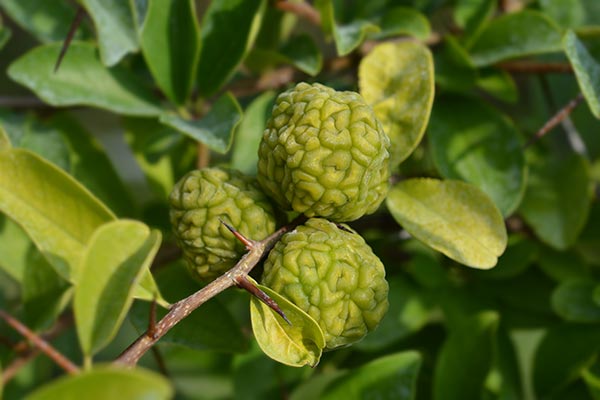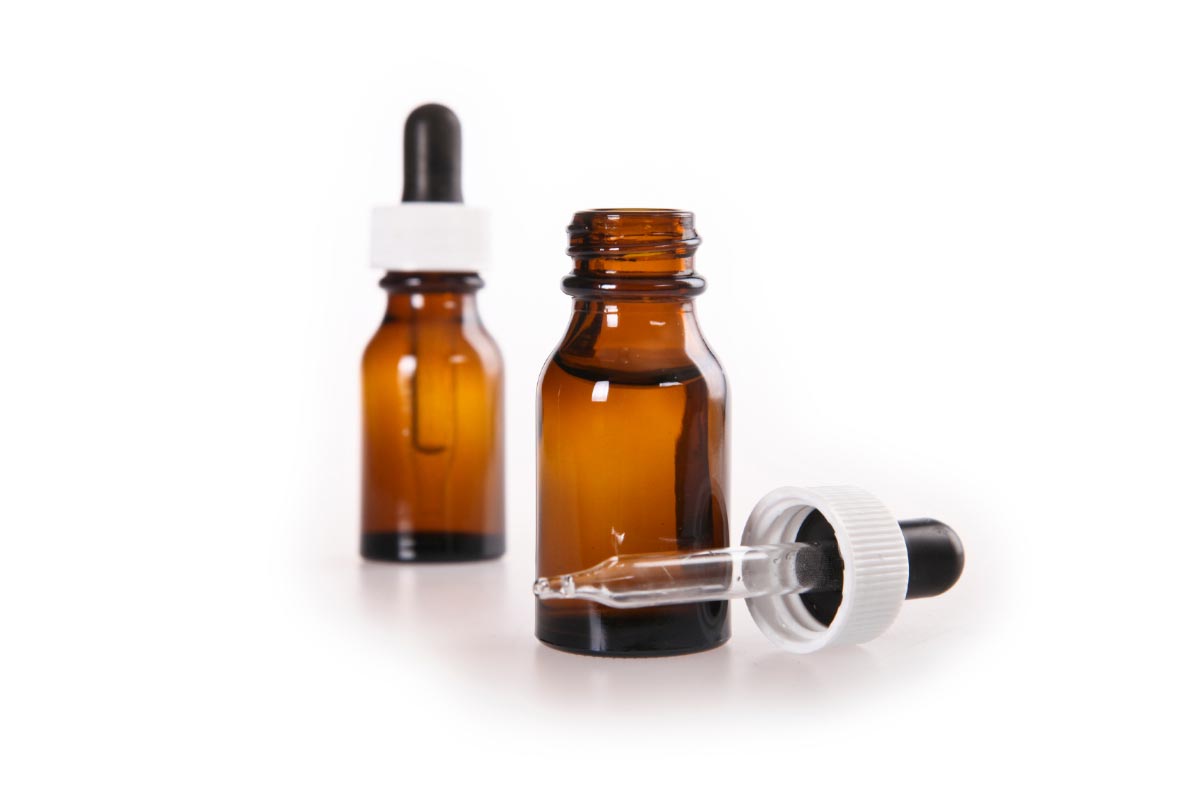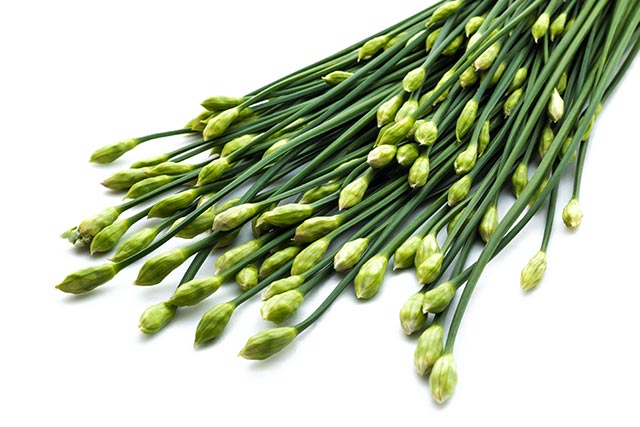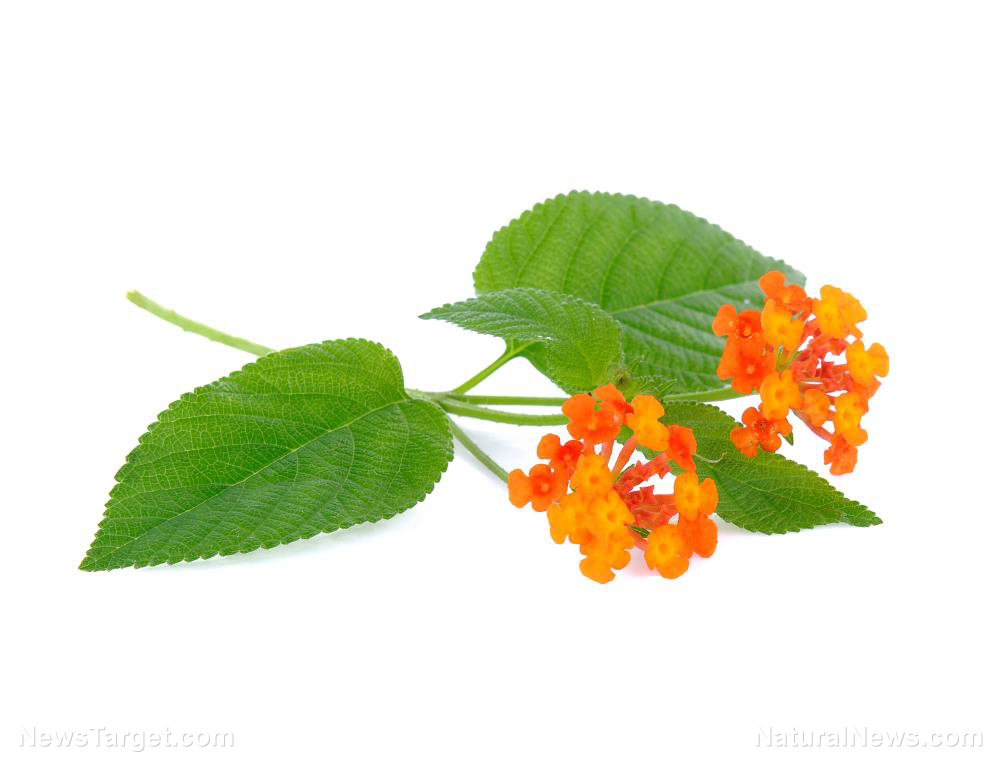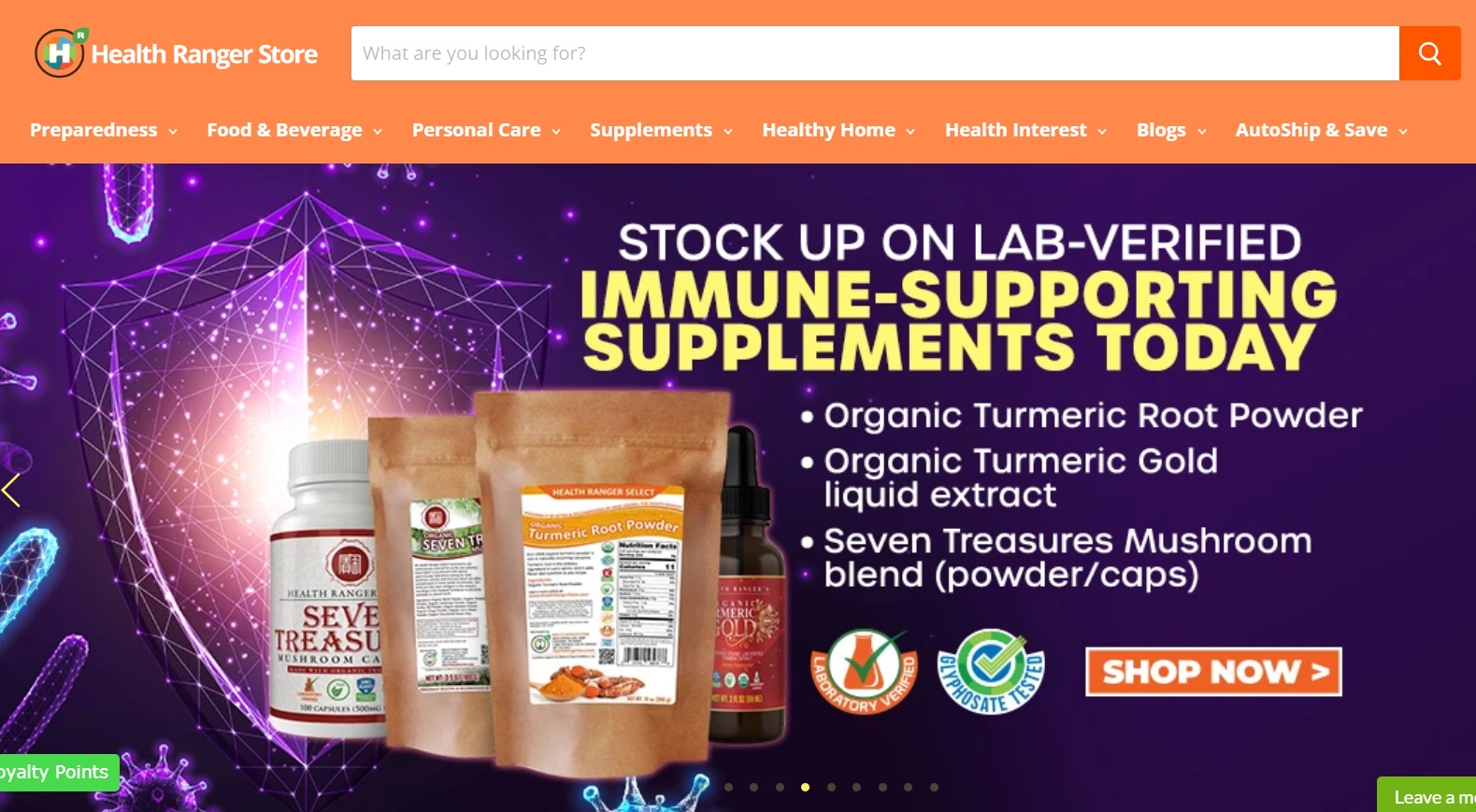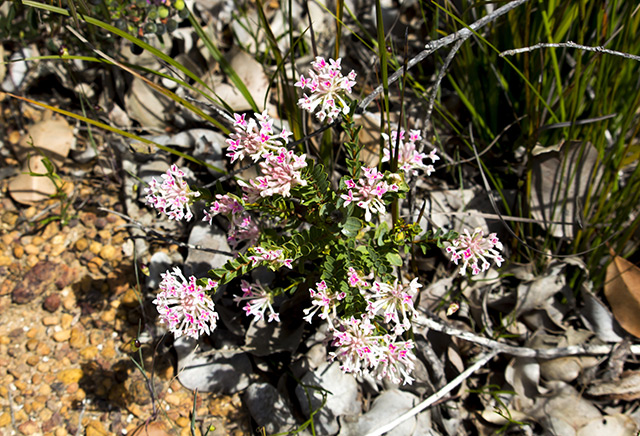Milk thistle can protect you from COPD caused by secondhand smoke
01/04/2019 / By Edsel Cook

A herbal extract made from a common “weed” can keep you safe from one of the most common and dangerous respiratory diseases in the United States. A Natural Health 365 article discussed the protective powers of milk thistle, regular doses of which could potentially prevent the onset of chronic obstructive pulmonary disease (COPD).
The leading cause of COPD is the inhalation of tobacco smoke. It doesn’t matter if you are not a smoker. Taking accidental whiffs of smoke from someone else’s cigarette is just as bad as directly smoking yourself.
Ammonia, butane, carbon monoxide, and hydrogen cyanide are just some of the toxic chemicals found in secondhand smoke. Joining them are the poisonous heavy metals arsenic, cadmium, and lead.
This air pollution is not just responsible for lung cancer. It also causes COPD, the third deadliest disease in the United States.
COPD is deadly enough on its own. But it can also open up a person to equally fatal heart disease and lung cancer. It also causes a host of lesser but still severe health conditions such as depression, malnutrition, and osteoporosis. (Related: Vitamin C improves lung function, prevents COPD.)
Milk thistle flavonoid stops the harmful effects of secondhand smoke
Fortunately, several recent studies suggest that milk thistle can protect you from chronic obstructive pulmonary disease. The findings even suggest that the herb can treat existing cases of COPD, which Western medicine can only try to manage with minimum success.
In 2015, researchers from SiChuan University (SU) used mice to simulate the effects of smoking a large number of cigarettes. Exposing the animals to four weeks worth of secondhand smoke triggered symptoms similar to those in COPD.
However, some of these mice were also pre-treated with silymarin, a flavonoid found in milk thistle and the plant’s main active component. These protected animals suffered much fewer inflammatory reactions to the secondhand smoke.
Furthermore, the SU researchers reported that silymarin maintained the concentration of natural antioxidants in the body that protected against diseases. They were so impressed with the results of their 2015 study that they performed a follow-up analysis on the effects of silymarin on human bronchial cells.
In their 2016 report, they found that the flavonoid prevented the chemicals in cigarette smoke from increasing the production of inflammation-triggering molecules. In addition, silymarin also controlled an important signaling pathway that controlled inflammation.
Shield yourself against COPD by taking milk thistle extracts every day
Milk thistle is so prevalent in grassy places that it is considered a weed. However, it has been used in traditional medicine to treat many diseases.
You can get it in pretty much any form you prefer: extract, liposome, pillow, powder, and tea. Get a high-quality preparation of at least 70 percent silymarin from a healthcare provider that you trust.
Consult with a naturopathic expert for the dose that is best suited for you. Depending on your particular needs, you could make do with as little as 20 milligrams each day. Or you might need 300 milligrams.
If your naturopathic doctor feels you could use an even more effective treatment, he could recommend a silymarin-phosphatidylcholine complex. This formulation helps silymarin latch onto cell membranes with greater success.
Do not take milk thistle extract if you are allergic to any member of the aster family of plants. Asters include chamomile, chrysanthemum, daisy, yarrow, marigold, and ragweed.
Otherwise, this beneficial “weed” is a potentially excellent defense against the harmful effects of toxic smoke, be it firsthand or secondhand. A dose of milk thistle a day could be all that stands between you and COPD.
Check out Herbs.news for more stories about humble weeds like milk thistle that can heal your hurts.
Sources include:
Tagged Under: alternative medicines, beneficial weeds, chronic obstructive pulmonary disease, COPD, herbal remedies, Milk Thistle, natural antioxidants, secondhand smoke, silymarin
RECENT NEWS & ARTICLES
Herbs.News is a fact-based public education website published by Herbs News Features, LLC.
All content copyright © 2018 by Herbs News Features, LLC.
Contact Us with Tips or Corrections
All trademarks, registered trademarks and servicemarks mentioned on this site are the property of their respective owners.


